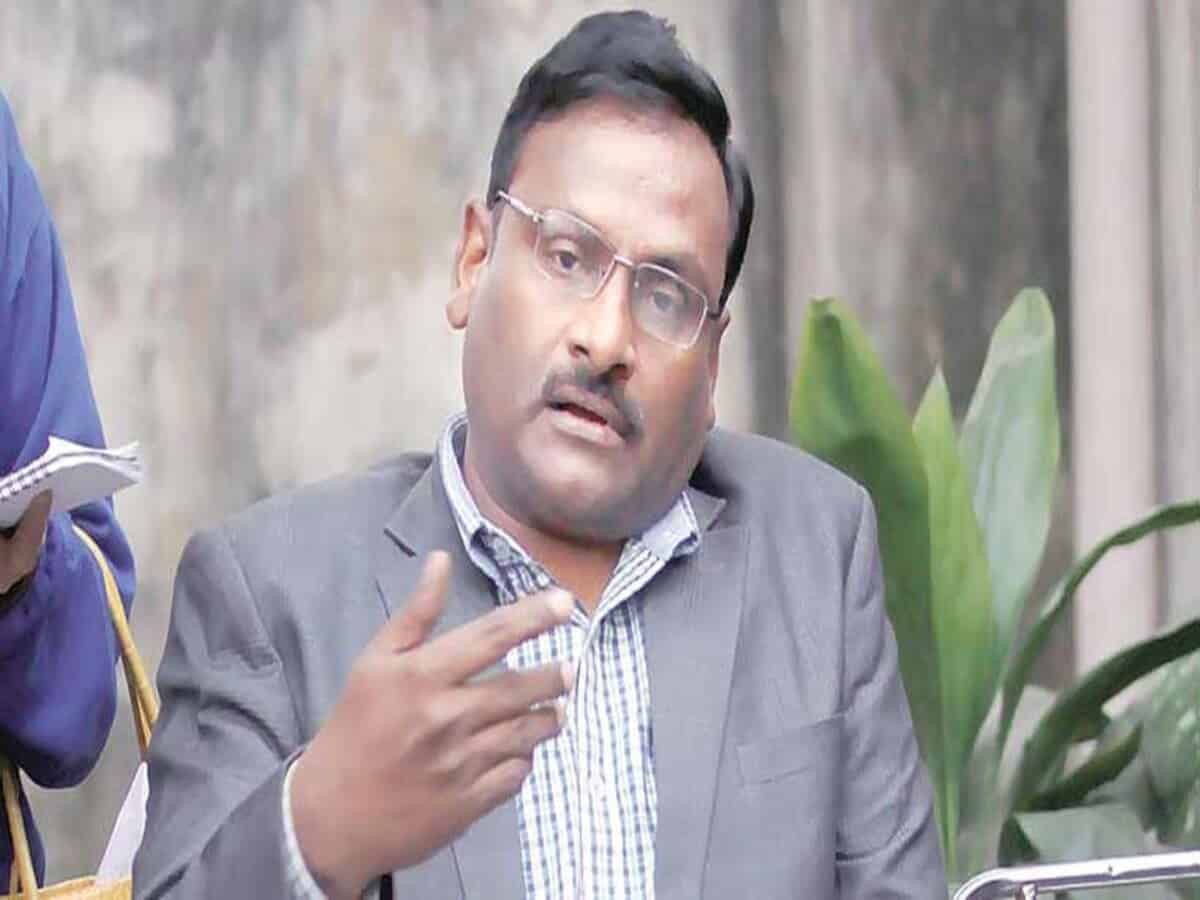
In a special hearing on Saturday, Supreme Court suspended the October 14 order of the Nagpur bench of the Bombay High Court which discharged former Delhi University professor GN Saibaba and others in an alleged Maoist links case.
Supreme Court also stayed the release of former DU professor GN Saibaba and others from jail. A bench comprising Justices MR Shah and Bela M Trivedi issued notice to the accused in the case on the Maharashtra government’s plea challenging the High Court.
The Court listed the matter for hearing on December 8.
After being jailed for over five years under the Unlawful Activities (Prevention) Act (UAPA), the Bombay high court on Friday had acquitted former Delhi University (DU) professor GN Saibaba for alleged Maoist links and attempting to overthrow the government of India.
Saibaba along with co-accused Mahesh Tikri, Hem Mishra, Prashant Rahi, and Vijay Tikri were acquitted. The sixth accused in the case, Pandu Narote died as a result of jail authorities negligence.
The acquittal was granted by Justice Rohit Baban Deo and Justice AL Pansare. Dr Gokarakonda Naga Saibaba was languishing in Nagpur’s Central prison since 2017 despite repeated appeals to the court to release him.
“While the war against terror must be waged by the State with unwavering resolve, and every legitimate weapon in the armory must be deployed in the fight against terror, a civil democratic society can ill afford sacrificing the procedural safeguards legislatively provided, and which is an integral facet of the due process of law, at the altar of perceived peril to national security,” the judgment said.
The bench noted that the legislative imperative is that sanction for prosecution shall be given only after considering the report of the independent authority (appointed under the Act), which shall make an independent review of the evidence gathered during the investigation and make a recommendation.
It added that the report of the appointed authority in the present case renders no aid or assistance to the sanctioning authority, being devoid of reasons or brief summary of the analysis of the review of evidence gathered.
Background of the case
Saibaba was in jail for his alleged links with banned extreme left organisations. While he was granted bail after his initial arrest in 2014, he was sentenced to life imprisonment in 2017 for connections with Communist Party of India (Maoist) and its frontal organisation, the banned Revolutionary Democratic Front (RDF).
Sanction to prosecute the accused under the UAPA was granted by a Maharashtra sessions court in 2014 against the five accused, who were arrested first, and against Saibaba in 2015.
The bench noted that in 2014 when the trial court took cognisance of the charge-sheet filed by the prosecution, there was no sanction to prosecute Saibaba under the UAPA.
Despite his repeated denial that he had nothing to do with the banned organisation, he was charged under Sections 13, 18, 20, 38 and 39 of the UAPA and Section 120 B of the Indian Penal Code.
Dr GN Saibaba is an Indian academic and human rights activist ailing from 90% paralysis, a result of polio. Saibaba is well known for speaking out against the human rights violations carried out during Operation Green Hunt; a military offensive launched by the then Congress government in 2009 with the sole aim of crushing Maoist rebels across the tribal belt of India.
(with PTI inputs)



